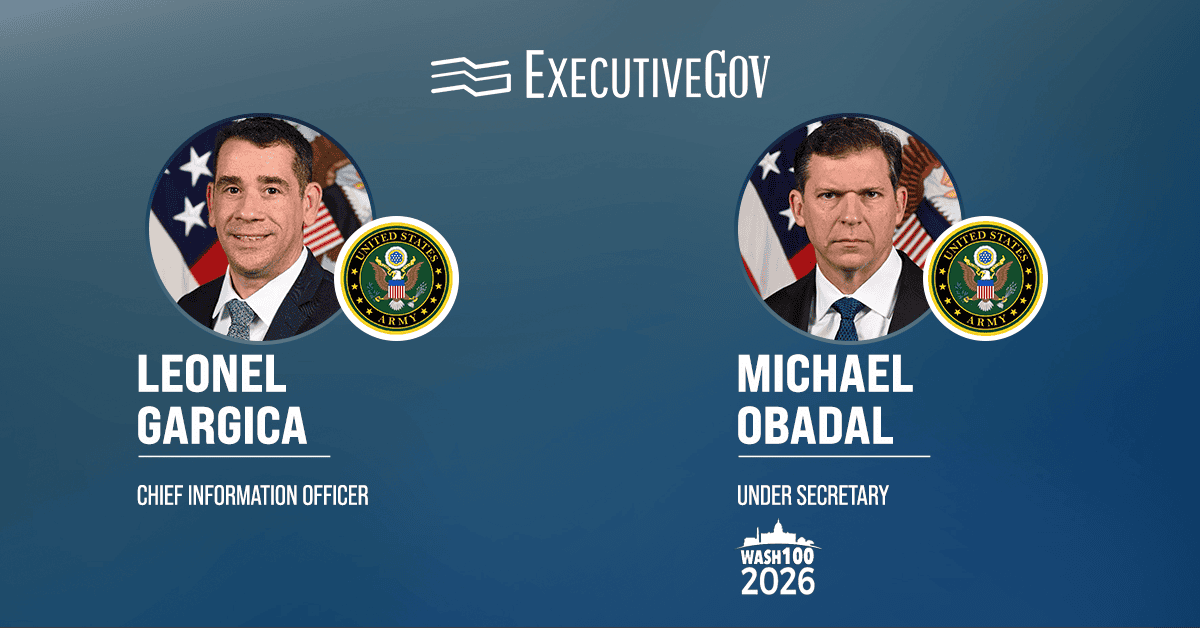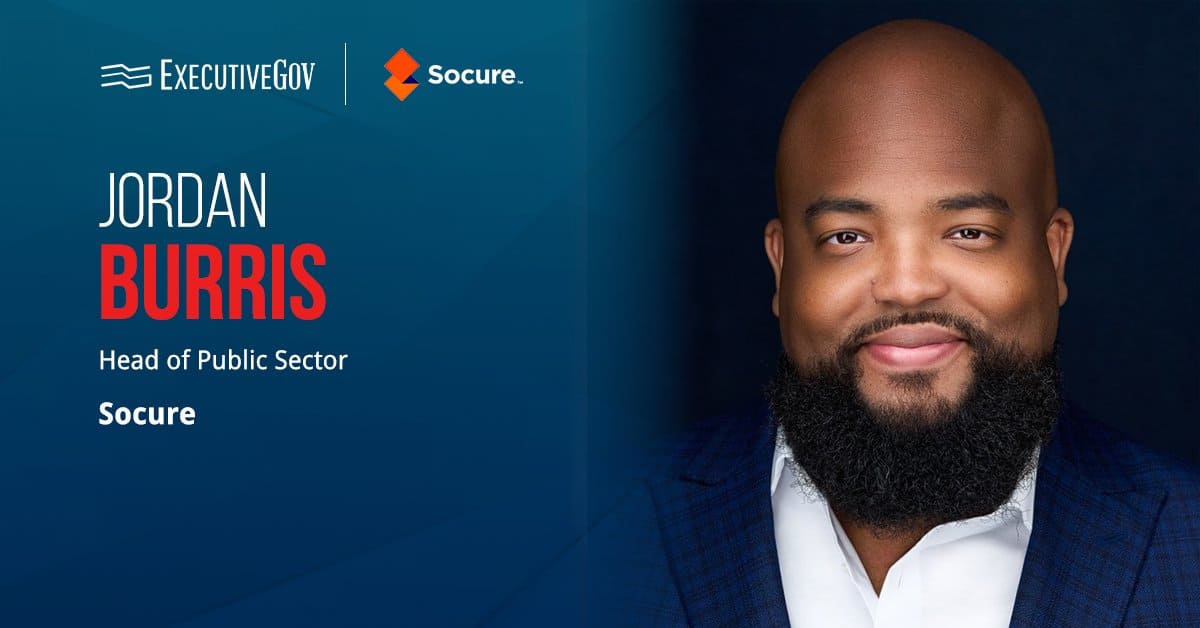The Defense Advanced Research Projects Agency (DARPA) has launched an effort to help systems adapt to unexpected events via machine learning. The effort additionally seeks technologies that help human or artificial intelligence operators understand these adaptive changes.
DARPA said Tuesday its Learning Introspective Control program will use ML-based introspection technologies to boost the adaptability of control laws that govern a system.
“With LINC, we want to provide physical systems with the ability to figure out what is still feasible, alert the operator and then help them operate in that new space,” said John-Francis Mergen, program manager at DARPA.
The program's initial research area will aim to overcome the limits of ML technology that make it hard for systems to adapt. Researchers will develop a technology that detects external changes and correspondingly applies adaptive settings via actuators and mounted sensors.





